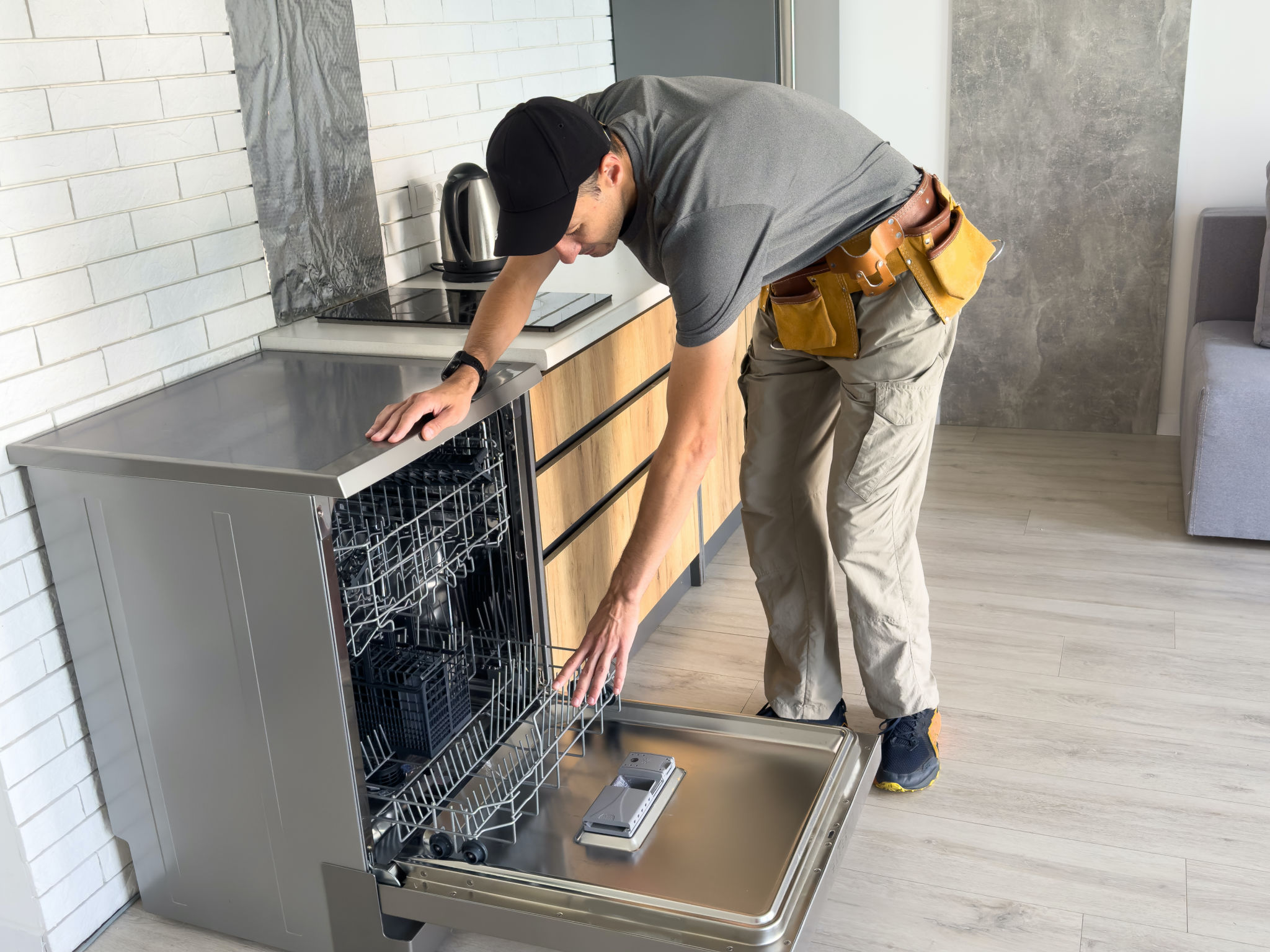The Ultimate Guide to Appliance Repair: What Every Homeowner Should Know
Understanding the Basics of Appliance Repair
As a homeowner, it's inevitable that at some point, your appliances will require repair. Understanding the basic concepts of appliance repair can save you time and money. Appliances are complex machines, and while some issues may require professional attention, many common problems can be tackled with a bit of knowledge and the right tools.

Common Appliance Issues and Solutions
Most appliances will start showing signs of wear and tear over time. Some of the most common issues include refrigerators not cooling properly, dishwashers leaking, or washing machines not spinning. Before calling in a professional, check for simple solutions such as ensuring the appliance is plugged in, examining circuit breakers, or cleaning filters and vents.
For refrigerators, check the thermostat settings and clean the condenser coils. Dishwashers might need a filter cleaning or a check for clogs in the drain. For washing machines, ensure the load is balanced and that the door latch is functioning correctly.

When to Call a Professional
While many minor repairs can be done by homeowners, knowing when to call a professional can prevent further damage. Generally, if a repair involves electrical components or gas lines, it's best left to the experts. Additionally, if an appliance is still under warranty, attempting repairs on your own might void it.
Professional technicians have the expertise and tools to handle complex issues safely. If you're unsure about tackling a repair, it's better to err on the side of caution and consult a professional service.
Essential Tools for DIY Appliance Repair
Having the right tools can make all the difference when attempting DIY repairs. A basic toolkit for appliance repair should include screwdrivers, wrenches, pliers, and a multimeter. These tools are essential for opening panels, tightening loose parts, and testing electrical connections.

Maintenance Tips to Extend Appliance Lifespan
Regular maintenance can significantly extend the lifespan of your appliances. Simple tasks like cleaning filters, checking seals and hoses for wear, and ensuring proper leveling can prevent many issues. Additionally, keeping appliances clean and free from dust and debris helps them run efficiently.
Create a maintenance schedule for each major appliance in your home to keep them running smoothly. This proactive approach can reduce the frequency of repairs and improve energy efficiency.
Understanding Appliance Warranties
When purchasing new appliances, it's important to understand the warranty terms. Most appliances come with a manufacturer's warranty that covers specific repairs or replacements within a certain period. Understanding what is covered can help you make informed decisions about repairs and replacements.

Cost-Effective Repairs and Replacements
Deciding whether to repair or replace an appliance can be challenging. Generally, if the repair costs more than half the price of a new appliance, replacement might be the better option. However, consider the age and efficiency of your current appliance before making a decision.
For cost-effective decisions, compare prices from different service providers and consider energy-efficient models if replacement is necessary. This can lead to long-term savings on energy bills.
Final Thoughts on Appliance Repair
Appliance repair doesn't have to be daunting with the right knowledge and tools. By understanding common issues, knowing when to call a professional, and performing regular maintenance, you can ensure your appliances serve you well for years to come.
Stay informed about your appliances' needs and take proactive steps to keep them running efficiently. Through this ultimate guide to appliance repair, homeowners can feel more equipped to handle any issues that arise.